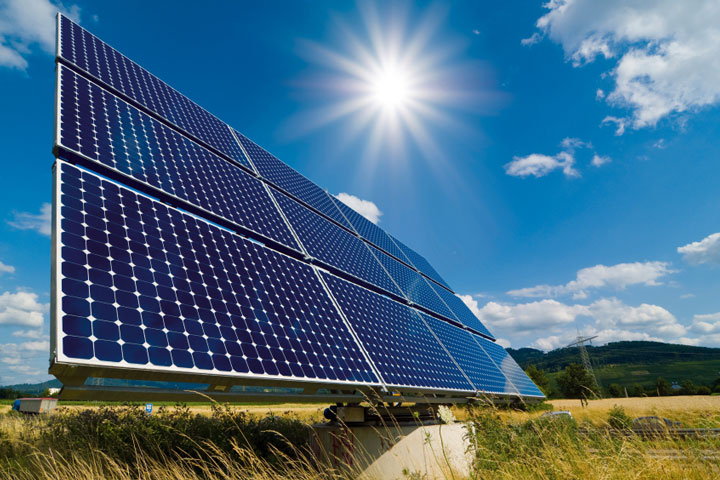Economy
REAN Rejects New Import Duty on Solar Panels

- REAN Rejects New Import Duty on Solar Panels
The Renewable Energy Association of Nigeria, a private sector renewable energy group, has said its members are being forced to pay between five per cent and 10 per cent import duty on solar panels by the Nigeria Customs Service.
REAN said in a statement on Wednesday that under the CET code 8541.4010.00 – a classification for import duty tariff, import duty on solar panels should be zero per cent.
It said, “Consequently, discharge of goods from the ports has been slowed down immensely and demurrage charges have risen for our members since the start of the year.
“This has grave implications for Nigeria’s quest to improve the ease of doing business and deepen energy access for over 70 million people with inadequate access to power.”
The group said the country moved up 24 places from 169th to 145th on the World Bank’s Ease of Doing Business Report in 2017 because the government had demonstrated willingness to improve the business climate and ensure the survival of the private sector. It said, “We commend the Presidential Enabling Business Environment Council team on its successes thus far. However, it will be counterproductive for government agencies at the ports to operate in a manner that sets them against the vision of government. This will reverse achievements this government has made thus far.
“As concerned Nigerians and sector participants, members of REAN have answered the national call by providing solutions to the country’s epileptic power situation and our members currently provide over 10,000 direct and indirect jobs to the Nigerian economy. This is apart from the other benefits such as increased disposable incomes, improved environmental conditions (reduced noise and air pollution due to displacement of diesel generators).”
According to the statement, imposition of arbitrary port charges will accelerate value destruction within this industry and will cause prices to rise to uncompetitive levels.
REAN said, “All over the world, the cost of solar panels is falling, leading to increased adoption of the renewable. Paris-based International Energy Association said that the renewable accounted for almost two-thirds of net new power capacity around the world in 2016, with almost 165 gigawatts coming online boosted by solar. The country stands to lose out on this.
“Nigeria currently does not have capacity to manufacture solar panels but does limited assembly in volumes that cannot meet market demand, hence our recourse to importation while growing capacity locally. This tariff will increase acquisition cost of solar panels in Nigeria, which are currently heavily deplored in rural areas where purchasing power is low.”
The association said this could derail Nigeria’s plan to generate 30 per cent of electricity through the renewable by 2030.